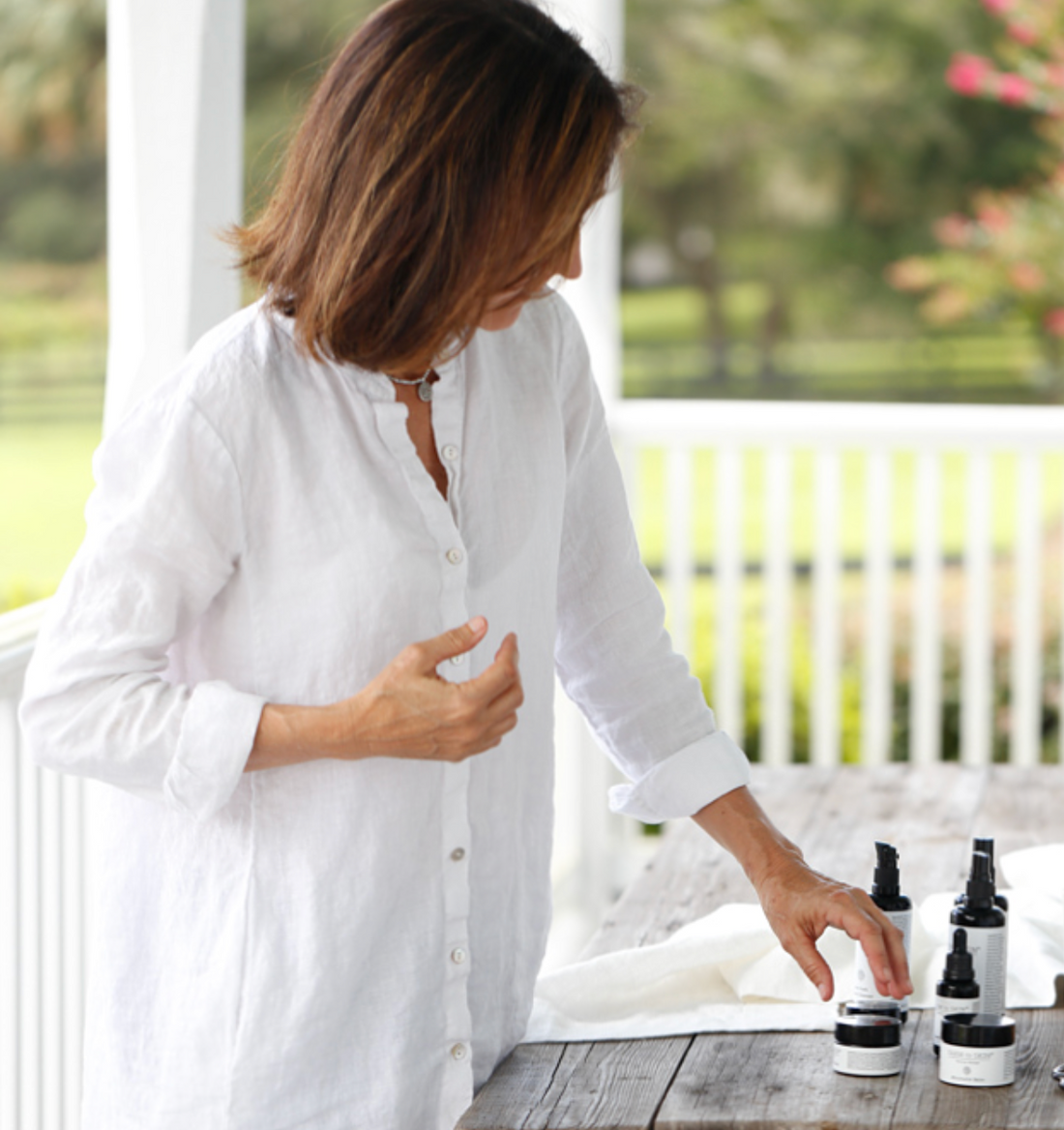Parabens. We all know to avoid them, but why? And what exactly are they?
Parabens are chemical preservatives used to prevent growth of mold or bacteria and extend a products shelf life. Derived from petroleum, they are colorless, odorless and tasteless. And since only tiny amounts are needed, (on average .01% - .03%), it is an inexpensive preservation choice for cosmetics and some food, such as chewing gum,and beverages. You will see this chemical listed on the label as: methylparaben, ethylparaben, propylparaben,or butylparaben. And unfortunately, even if the label says “paraben free”, CHECK!
Why should we avoid them?
Health concerns:
A recent study testing adults and children found parabens in 70% to 100% of their urine samples. Telling us that we are all exposed to this chemical and since it is so widely used, there is always some in our bodies. The concern is that since parabens can mimic estrogen properties, they can disrupt hormonal balance and reduce fertility. Research has also discovered this chemical left completely intact in breast tissue causing concern for breast cancer linkage. However, according to the American Cancer Society, studies have not shown a conclusive link between parabens and any health problems, including breast cancer.
Environmental concerns:
Products containing parabens can also wash into the sewage system and therefore, into our oceans. Recently, parabens have been found in dolphins, sea otters, and polar bears. The potential health risks on these animals is still unknown at this point. Please keep this in mind if you choose to dispose some of your products containing parabens. The least harmful way is to throw away with your landfill trash. Do not pour down the drain!
So, in conclusion we know these toxins are entering our bodies through our skin and we know that they can disrupt our hormone balance by mimicking estrogen. Because there is no direct linkage at this point, parabens are still used in many U.S(many countries have outlawed) products we encounter daily. The long-term, low-dose exposure, combined with a cocktail of other chemicals (sulfates, petrochemicals, ethoxylated ingredients, synthetic fragrance) is a frightening risk. But,thankfully, it is one we can all avoid. Stay informed (like you are now), read labels, and choose what is best for your skin and our environment.
Hope you found this information useful and as always, we welcome any comments or questions. :)
In Gratitude,
Patricia

